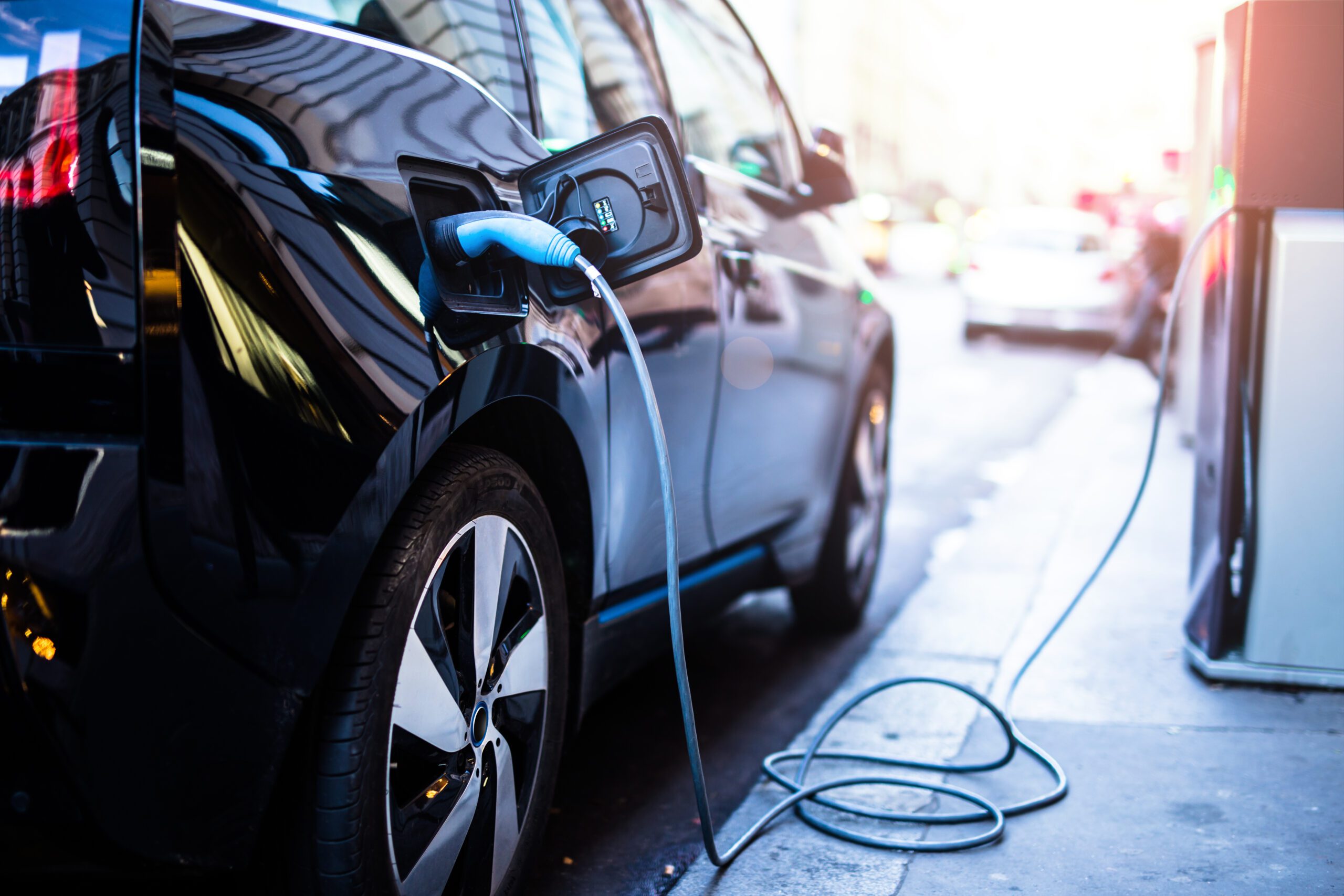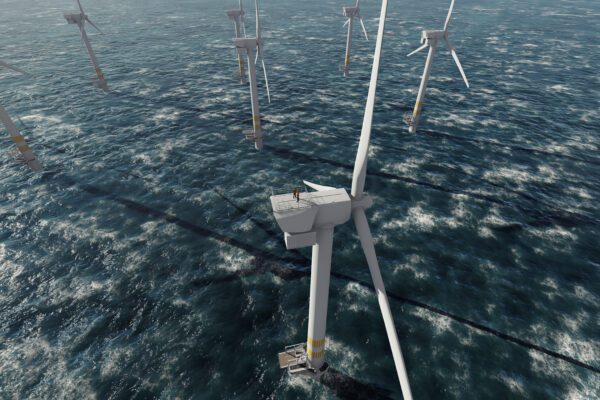
Could EVs help you to future-proof your energy strategy?
Electric vehicles (EVs) may not be dominating our roads yet, but as the UK transitions to a low-carbon future, we can expect to see adoption rise significantly. This means that forward-looking businesses should already be exploring where EVs could fit into their energy strategy. Petrol and diesel cars are set to be banned in the […]
Electric vehicles (EVs) may not be dominating our roads yet, but as the UK transitions to a low-carbon future, we can expect to see adoption rise significantly. This means that forward-looking businesses should already be exploring where EVs could fit into their energy strategy.
Petrol and diesel cars are set to be banned in the UK by 2040, but that doesn’t mean that energy professionals have decades to prepare to integrate EVs into their business. Adoption of EVs is already growing – sales of purely electric vehicles tripled in July 2019, for example, leading the Society of Motor Manufacturers and Traders to predict that EVs’ share of new car registrations could double in 2020[1].
While it won’t be feasible for every business to invest in EVs today, the falling costs and increasing benefits associated with EVs mean that they should at least be a consideration for businesses that are striving to create an energy strategy that works now and in the future.
Have you considered how EVs could fit into your energy strategy yet? If not, here’s how EVs can help your business to…
Reduce your costs
If you have a fleet of vehicles, whether company cars or delivery vehicles, then switching to electric vehicles could help you to substantially reduce your transportation costs. While the upfront costs of electric vehicles may currently be higher than their petrol and diesel equivalents, battery costs are falling, so we can expect to see the cost of buying an EV fall in coming years.
A recent study has also revealed that EVs are already cheaper to run than petrol or diesel vehicles, as lower taxes, fuel costs and subsidies on the purchase price of EVs mitigate the higher upfront purchase costs. While the Government’s electric car grant has dropped from £4,500 to £3,500, the majority of EVs are exempt from road tax. Fuelling a modern EV is also around 70% cheaper than an equivalent fossil-fuelled car, with a 100-mile charge currently costing around £4 for an EV compared to £14 for a fossil-fuelled car[2]. So if you have a large fleet, switching to EVs could enable you to cut your transportation costs.
Make deliveries
In April 2019, the world’s first Ultra-Low Emissions Zone (ULEZ) was introduced in London, requiring all vehicles entering the zone to meet stringent emissions restrictions or pay a daily charge. There are plans to expand this zone to make it 18 times larger than it currently is in 2021, and further low-emissions zones have been proposed in areas such as Manchester, Birmingham and Bath.
As more low-emission zones are introduced, it’s likely that heavy goods vehicles (HGVs) will not be allowed into urban areas. Light commercial vehicles (LCVs) will need to carry out the role of last-mile couriers to ensure deliveries can be made into LEZs, and there are an increasing number of electric LCVs on the market. If your organisation regularly makes deliveries to large cities, ensuring that you have electric vehicles for at least the last few miles could help you to avoid heavy charges from low emission zones.
Enhance your green credentials
Of course, switching to electric vehicles doesn’t just benefit your business, but also the wider environment in which you operate. Electric vehicles don’t emit any of the Nitrogen Oxide and Sulphur Oxide that traditional vehicles emit in substantial quantities, and which contribute to the air pollution that causes around 40,000 premature deaths in the UK annually[3]. So if sustainability is a priority for your organisation (and your customers!), then EVs could go a long way towards becoming more eco-friendly.
As we move towards our net zero target, we can also expect to see new legislation put in place to encourage businesses to reduce their carbon emissions. If your business is already affected by SECR, then switching to electric vehicles where possible could help you to demonstrate your business’s efforts to reduce its emissions, which is particularly important as SECR reports are made public.
Boost your revenue
‘Two way’ EV chargepoints, which are embedded with Vehicle-to-grid (V2G) technology, enable EVs to not only take power from the grid, but also to supply power back to the grid. This means that if you have EVs in your business fleet, you should have some flexibility to get involved with demand-side response schemes, and get paid for providing power when it’s needed or simply charging your vehicles during periods of low demand (e.g. overnight).
If you’re thinking of installing EV chargepoints on your site, however, you should consider how to futureproof your outlay as EV adoption continues to grow. Whether you’re providing them for your business fleet, for staff company cars or for customers, it’s likely that demand for EV chargepoints will increase in the near future, so while you may want to install more chargepoints than you currently need to ensure you can meet future demand.
It’s also important to think about the type of chargepoints you install – rapid chargepoints, while more costly, are much more convenient for EV drivers than slower alternatives. So it may be wise to install the fastest chargepoints you can afford to avoid the need to replace them in a few years.
Ready to power up your business?
Adoption of EVs is gaining pace – don’t let your business get left behind. Our Optimisation experts can support you in understanding suitable EV infrastructure and talk you through benefits and challenges of investing in EVs, to help decide whether its right for your business – give us a call on 01772 689 250 to find out more.
[1] https://www.am-online.com/news/market-insight/2019/08/05/ev-registrations-almost-triple-as-july-s-new-car-sales-fall-41
[2] https://www.britishgas.co.uk/the-source/our-world-of-energy/energys-grand-journey/Electric-v-Petrol










